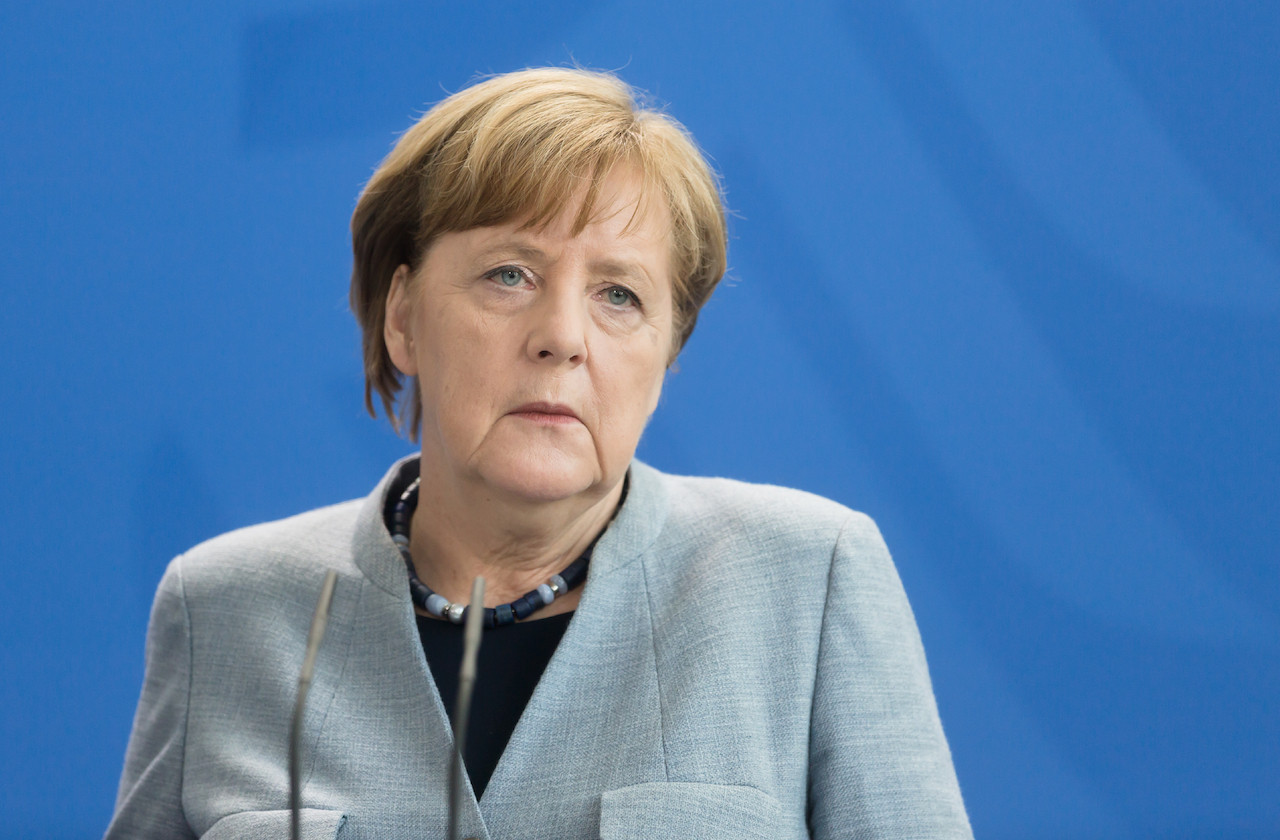Angela Merkel’s shock decision to retire from politics was still sinking in on the streets of Berlin 24 hours later as Germans took stock of the last 13 years under her steerage.
“It’s weird that she’s going,” said trainee cabin boy Michael Haase as he waited for his tourist sightseeing boat to launch down the Spree river in central Berlin. “Mutti was just always part of the furniture.”
Haase, now 17, was just four years old when Merkel came to power in 2005. Above all, he remembers that autumn three years ago, when over a million people crossed into Germany seeking asylum.
“I don’t think she did that bad a job,” said Haase. “Maybe she did a couple of things that weren’t thought through properly, a bit too hasty. What happened in 2015 was the right thing to do but it was done in the wrong way.”
His colleague Wolfgang Lange was less forgiving. For him, Merkel should have stepped down in the immediate aftermath, when it was clear just how many people had made their way into the country.
“Merkel going was long overdue,” said Lange, 57. “All that chaos back then in 2015? I wasn’t ok with any of that. They came over the border without passports. Where else would you see that? And then the insistence, we can do it, we can do it. Well, now we’re seeing whether we can do it.”
Even those who supported Merkel’s migration policy on humanitarian grounds had harsh words for the chancellor. Some said she had not gone far enough to support new arrivals as they built new lives in Germany.
“Letting people in isn’t the same thing as integrating them,” said Stefanie Burandt, 56, who works at a temporary employment agency and was on her way to a seminar about how best to bring foreign workers into the job market. “There’s a whole lot more to it than that.”
Door to change
Burandt was an early supporter of Merkel’s but became disillusioned in her first term in office and voted against her in the 2009 election and at all subsequent opportunities.
“It felt high time for a change eight years ago,” she said, adding she was sick of Merkel’s do-nothing-and-wait-and-see-style of government. “But what else could I do but wait? All I can do is vote.”
Burandt’s comments reflected a wider sense on the streets of Berlin that Merkel’s announcement had opened the door to change – for good or ill.
“I was surprised by the timing, but it was a necessary step,” said retiree Angelika, 68, who didn’t want to give her second name. “The whole of politics is so stagnated and that can only change by switching the people at the top.”
“I’m very worried about the drift to the right that’s happening across Europe and the world,” she added. “I hope they’ve seen now that politics has to be run differently, to reach people and bring them back in another direction.”
The German press chiefly focused on the fight to become Merkel’s successor but also found space to look at the wider implications of her departure.
“The era Merkel is coming to an end,” wrote the Munich-based Süddeutsche Zeitung. “Business as usual now won’t work anymore. When Merkel goes, others will have to go. There has not been so much scope for new beginnings for a long time.”
“For a long time, for far too long, the clocks have stood still in Germany,” added the Mittelbayerische Zeitung from Regensburg. “This time is now over. Merkel has done the right thing: She has announced she will go. She has made way. She’s letting the clocks run on. At last.”
Back on the streets of Berlin, not everybody welcomed Merkel’s departure. Some found themselves unsure what the end of the Merkel era would mean.
“It’s scary, there will be uncertainty,” said Karlheinz Felke, 60, who was strolling with his wife Claudia and son Leon along the banks of the river opposite the chancellery building.
“There are many factors for insecurity in the world,” he added. “Merkel was a point of stability and if she goes it will be even more unstable. On the other hand, momentum had been lost. It’s 50=50. I want change, but I’m also uncertain.”
Suggested reading: Merkel’s exit will leave a gaping hole in centrist politics | Rafael Behr
By Josie Le Blond in Berlin
